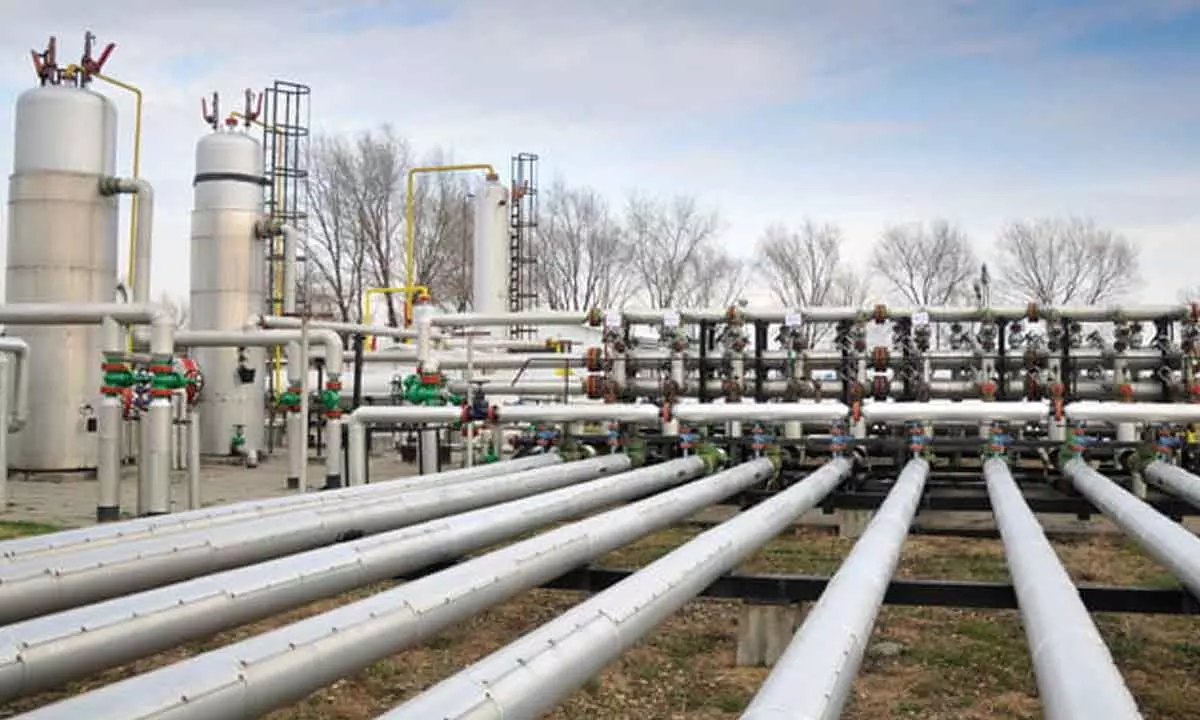India set to bring a policy for carbon capture and storage
The NITI Aayog has already formulated such a policy after series of parleys, suggestions and feedback from various ministries and industry
image for illustrative purpose

The Modi 2.0 government seems well set to bring in a 'Carbon Capture and Storage Policy' for industries generating high level of CO2, within the next few days. The Niti Aayog has already formulated such a policy after series of parleys and suggestions and feedback from the Union Ministry of Power, Union Ministry of Coal, Union Ministry of Environment, Union Ministry of Steel, Department of Science & Technology, NTPC, ONGC, SAIL, GAIL, BHEL, IOC, Dastur, Tata Steel and other stakeholders.
If things move the way it has been envisaged, the new policy, once in place, will be a true game changer in pushing through the agenda of Carbon Neutrality, without putting additional burden on the companies or the consumers. People in the know of things, said that the new policy will be around the lines of the US 45Q (Policy Code), detailing out how to capture carbon from industrial units like steel, cement, power and so on, using large volumes of fossil fuels, where and how to store that carbon much deeper under the surface. The US has been practicing this since the 70s quite successfully, without any risk or danger, and the US government provides something like $85/tonne incentive for capturing and under ground storage of CO2, said Atanu Mukherjee, President & CEO, M N Dastur.
"India quite like many other countries, has been dependent on fossil fuel for a long period of time. The recent focus on renewables cannot solve the entire problem. Imposition of something like a carbon tax is not a solution either, because that will increase the cost and price of the products substantially, which in turn will be passed on to the consumers. This is not desirable, by any means, for a developing economy as this would derail the growth and the demand cycle. India need a policy framework for providing some incentives or credits for capturing and storing carbon meaningfully," said Mukherjee, adding that India would be able to save and store 1 billion tonne per year of CO2, if such a policy is properly and effectively implemented.
"The other advantage of carbon capture and storage would be that it would address the problem of depleting oilfields and foster enhanced oil recovery (EOR). Enhanced oil recovery (EOR) is the practice of extracting oil from a well that has already gone through the primary and secondary stages of oil recovery. EOR, also called tertiary recovery, is the extraction of crude oil from an oil field that cannot be extracted otherwise. Proper storage of captured carbon sufficiently deep beneath the surface would help in generating carbon-negative oil," said Mukherjee. Thorough and proper research and identification of the right locations from storage of carbon are going to be very crucial in such cases, he said.

